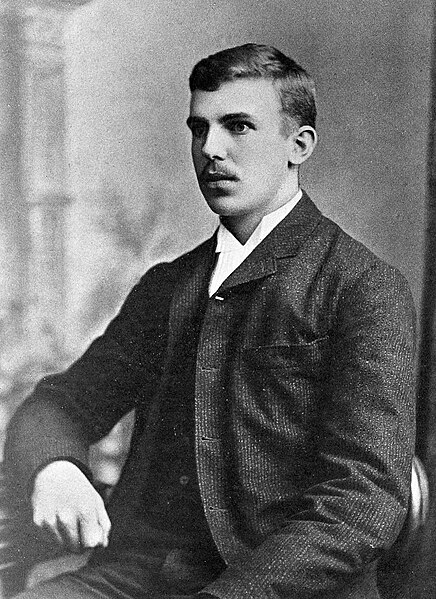Infinite photos and videos for every Wiki article ·
Find something interesting to watch in seconds
Celebrities
Wars and Battles
Orders and Medals
Wonders of Nature
World Banknotes
Rare Coins
Tallest Buildings
Ancient Marvels
History by Country
Recovered Treasures
British Monarchs
Sports
Great Artists
Richest US Counties
Largest Empires
Kings of France
Largest Palaces
Famous Castles
Great Cities
Presidents
Supercars
Countries of the World
Great Museums
Animals
Crown Jewels
Best Campuses
more top lists





